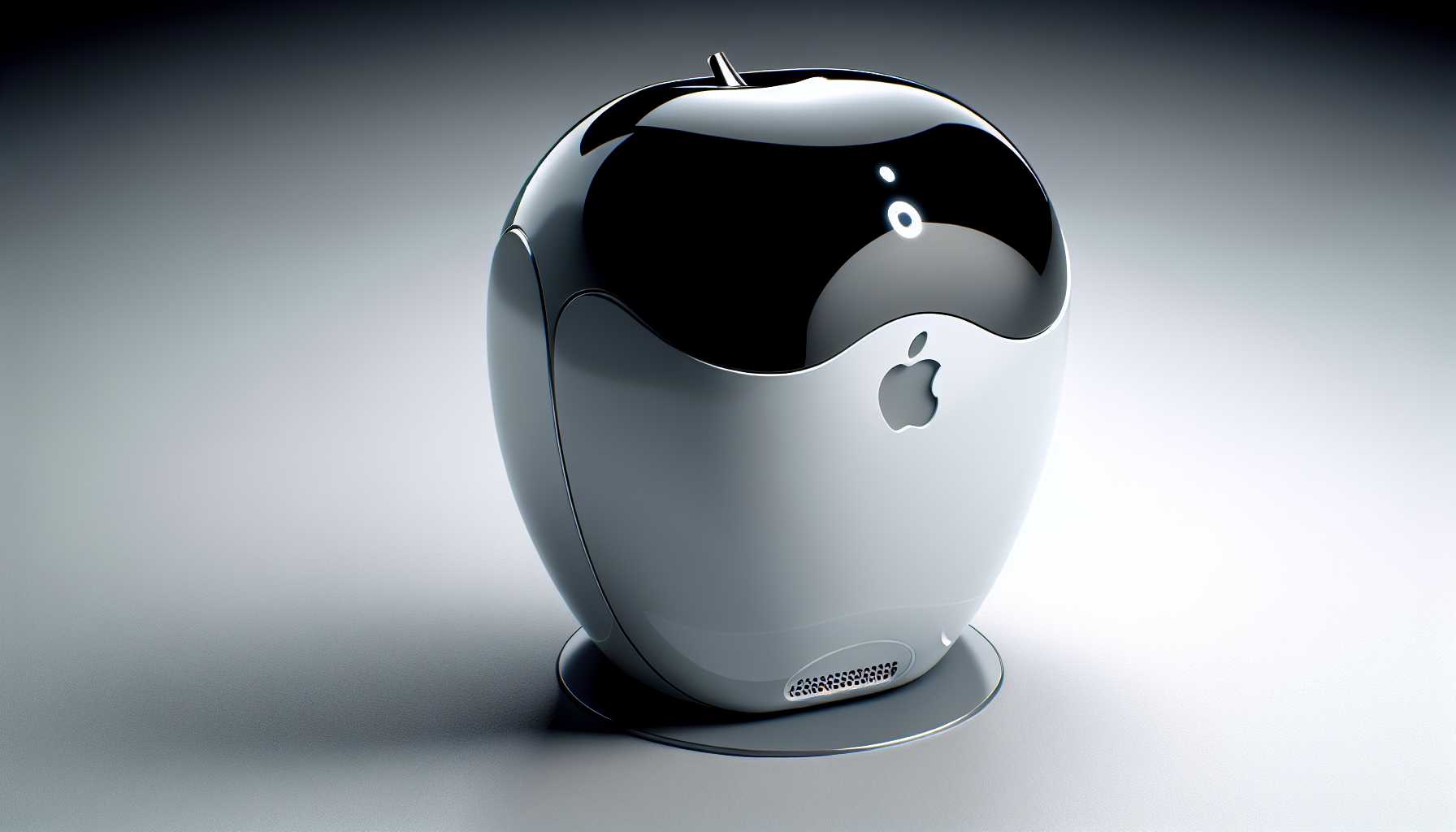The Quantum Quest: Microsoft’s Error-Free Breakthrough
If there’s something that gets tech aficionados and casual users alike buzzing, it’s the elusive realm of quantum computing. This week, Microsoft, joining forces with Quantinuum, a quantum computing up-and-comer, claimed a breakthrough that could change the tech landscape. Apparently, these tech titans mastered the Herculean task of running thousands of quantum experiments error-free, a milestone that the industry has previously found as elusive as a perfectly stable qubit. Let’s not sugarcoat it—this is huge. Quantum computing has glittered on the horizon like a Silicon Valley mirage for years, promising computational hocus-pocus far beyond what our classical computers can achieve. Yet, the fragile nature of qubits has been a persistent thorn in the side of developers. If this breakthrough is all it’s chalked up to be, we could be tiptoeing to the cusp of a revolution where drug discovery, cryptography, and who knows what else are redefined.
Apple’s Brave New World: Robo-Domestics?
In a plot twist that even Asimov might not have predicted, Apple could be dipping its tech-titan toes into the waters of home robotics. Fresh off the press release of canceling its autonomous EV project, rumors are swirling that Apple’s Home and AI execs are huddled over a secretive robotics project. Not much is known, but the idea of Siri stepping out of your iPhone and into a physical helper around the household sparks more than a little curiosity. Could we be witnessing the birth of an iRobot, but like, an actual Apple robot? Exciting as it is to speculate, details are as scant as the hair on an iPhone’s sleek metallic surface. The prospect, however, speaks volumes about the future of smart homes and how companies like Apple could transpose their expertise from our pockets to our living spaces.
Week in Review: Boston’s Innovation Marathon and more
Beyond the spotlight cast on the quantum and robotics developments, plenty has been unfolding in the tech sphere, particularly in Boston, where the startup ecosystem is as vibrant as a bustling Beacon Hill café. From HubSpot’s growth from an MIT grad student project to a behemoth with a whopping market cap, to the whispers of Alphabet potentially acquiring the CRM titan—Boston’s tech narrative continues to be a page-turner. Then there’s the investment scene, which, despite Boston’s comparatively modest size, drew in a massive $3.5 billion across 208 deals in Q4 2023. The city’s academic prowess churns out STEM talent that’s as plentiful as New England autumn leaves. The resulting startups and success stories, like HubSpot and other beacons of innovation, reinforce the cyclical nature of growth, talent, and success that keeps Boston’s tech ecosystem buzzing. Elsewhere in the AI realm, Renesas’ acquisition of EDA software provider Altium teases major moves in the AI chip design software landscape. The strategy? Amplify software capabilities to assist those who are less technically inclined, particularly in implementing next-gen electronics. Think automated vehicles and industrial applications. We’re talking about an AI-oriented future anchored in sophisticated and energy-efficient hardware.
UiPath: Cathie Wood’s Bet on AI-Powered Automation
Moving on to investment ripples, Cathie Wood of Ark Investment Management is placing her bets on UiPath, an AI-fueled automation entity that’s the fifth-largest player in Ark Innovation ETF’s roster. UiPath is all about streamlining business processes through automation, wielding AI as a wand to turn mundane tasks—like data transcription or app creation—into a seamless, digital ballet. Their platform is not just about automation for efficiency’s sake; it’s a toolbox helping companies discover where automation can make them shine. With strong net dollar retention rates and an ascending revenue trajectory, UiPath is a testament to the potential and resilience of AI-driven companies in economic climates that would test lesser models of business.
The Debate Rages: AI Ethics and Data Harvesting
Snagging perhaps the most controversial headline is this paradox: as tech companies race for data to hone their AI models, they flirt dangerously with ethical quandaries. OpenAI and Google have been in the hot seat for scraping YouTube videos to train their AI—potentially overstepping copyright and creator consent on the platform. This can of copyright worms may not teach AI about right or wrong, but it sends clear signals about the blurred lines companies navigate as they harvest data to train AIs that might just power our future.
To conclude, this week has been a whirlwind tour around a tech empire that never sleeps. From the potential paradigm shift heralded by Microsoft’s quantum feats to Apple’s enigmatic foray into home robotics, the tech industry continues to reinvent itself in the most innovative, sometimes controversial, ways. Meanwhile, ecosystems like Boston’s demonstrate that investment, talent, and academia can come together to sew rich tapestries of success. And as we ponder UiPath’s growth and the ethical conundrums faced by Google and OpenAI, we’re reminded that the technological odyssey is as tumultuous as it is thrilling.





